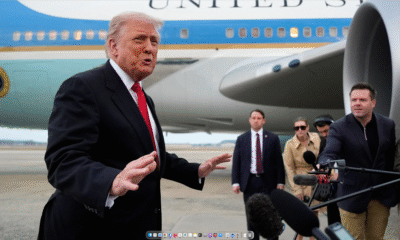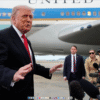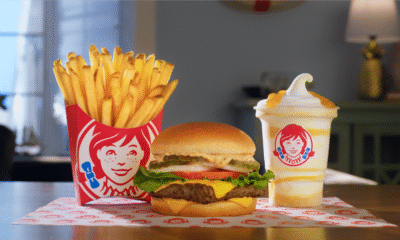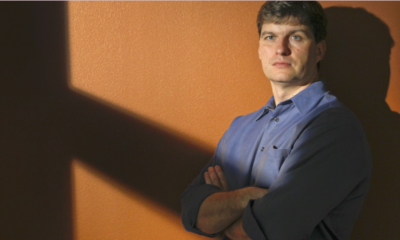Economy
RBI focused on reviving India’s economic growth, wants to anchor inflation expectations
The Reserve Bank of India (RBI) wants to anchor inflation expectations and focus on reviving the economic growth, says the central bank’s governor Shaktikanta Das.
He told the Business Standard that the RBI is acutely conscious and sensitive to the fact that a hasty reversal of monetary policy stance or monetary policy approach can have serious consequences for the economic recovery. “But we also want to anchor inflation expectations within the tolerance band and closer to the inflation target in the medium term.”
Das said retail inflation is expected to have accelerated to a seven-month high in June on rising food and fuel prices – staying above the RBI’s comfort zone of 2-6% for a second straight month. He added that RBI would like to keep inflation expectations anchored at around pre-pandemic levels at 4% as it reduces uncertainty for investors and supports growth. “The government has taken certain supply side measures in recent weeks, but more supply side measures are necessary and we are actually looking forward to more such measures, especially on taxes from both central and state governments.”
Also Read: AI and drones boost crop insurance in agriculture sector
The RBI governor also urged the government to look at lowering fuel taxes to ease price pressures. High taxes on domestic fuel combined with a surge in global crude oil prices have raised inflationary pressures. Global oil prices have risen from February 2021 to $71 per barrel in the current times after OPEC withdrew supply cuts and rising demand. India imports 82% of oil from others and local petroleum products market prices are linked to global prices of crude oil on a daily method and subject to high tax rates – excise and state VAT to the tune of 54%.
Furthermore, Das said the US Federal Reserve’s Policy action will impact all economies, including India. He warned about the risks of volatility in capital flows as ultra-accommodative policies of the advanced economies have kept global liquidity flush. Das stressed that emerging economies must build their own safety nets.










































Pingback: Fully vaccinated people are less likely to get and spread COVID-19.